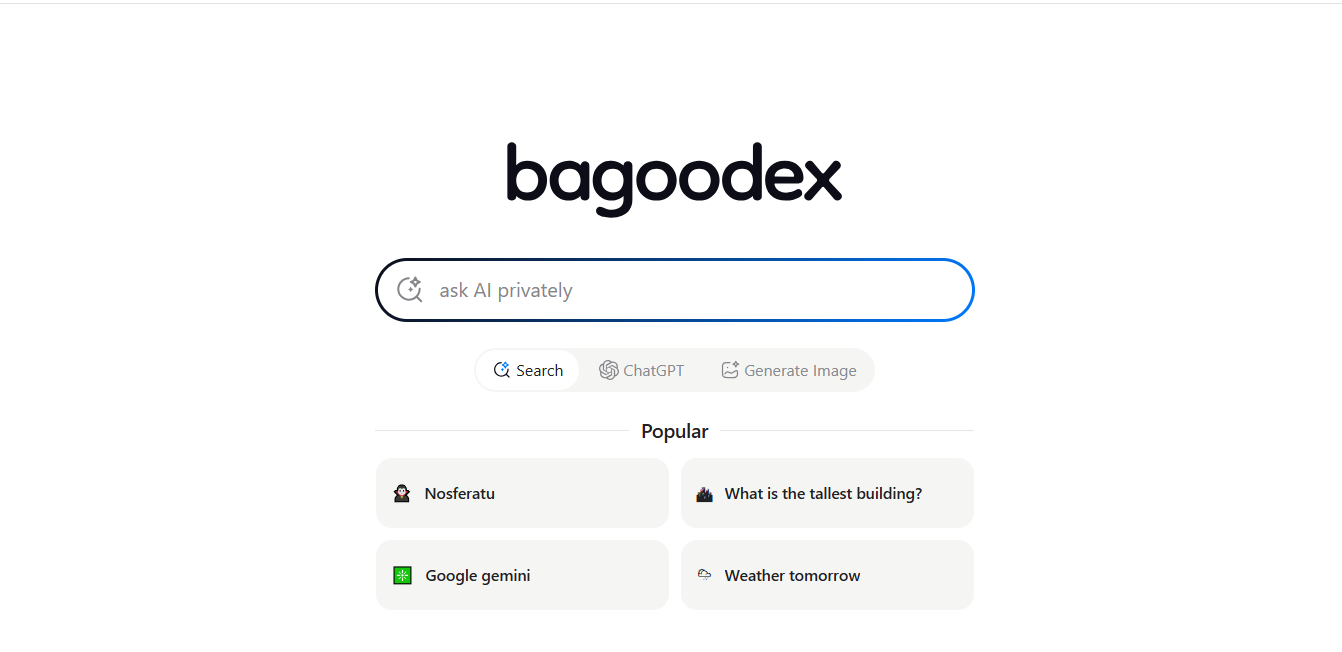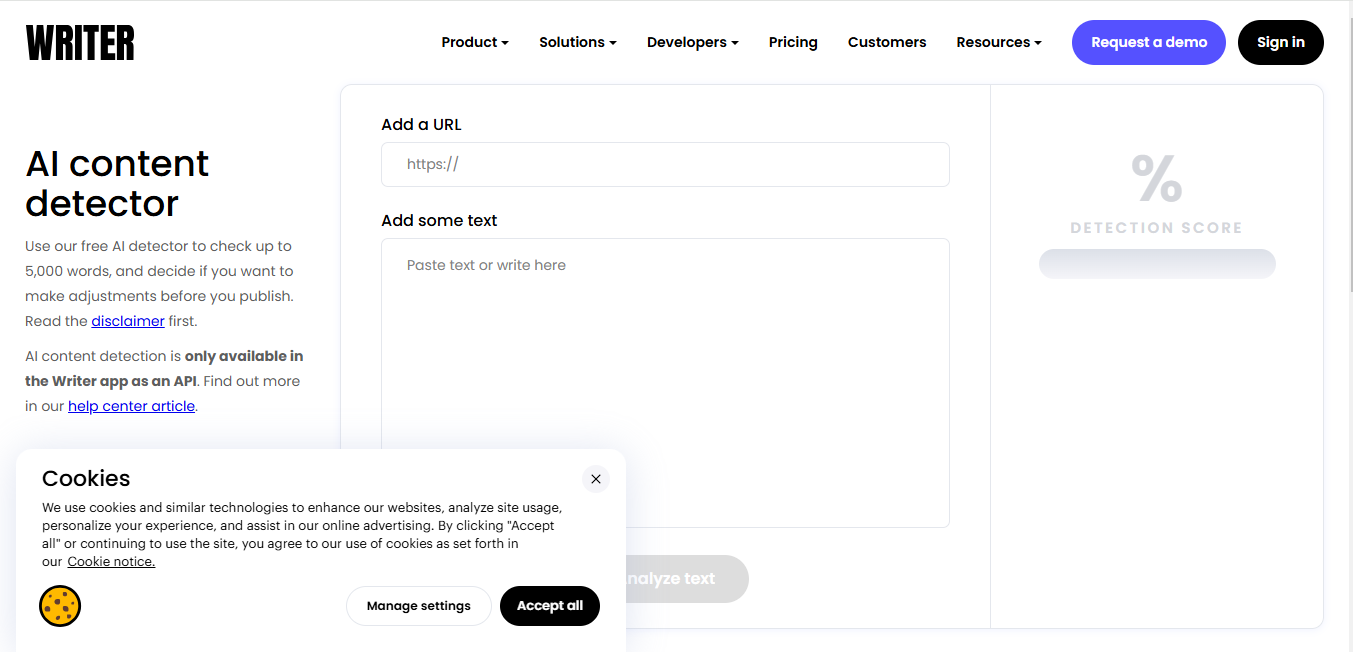
Bookabout
What is BookAbout?
BookAbout is an innovative AI-powered platform that transforms the way readers discover books. By leveraging advanced technology, it sifts through a vast database of over 500,000 titles to match users with books that align with their specific interests and preferences.
Top Features:
- AI-Powered Search: utilizes artificial intelligence to understand and interpret user queries.
- Extensive Book Database: houses a collection of more than 500,000 books for diverse recommendations.
- Idea-Based Matching: connects users with books based on concepts rather than just titles.
Pros and Cons
Pros:
- Intuitive Discovery: helps users find books they might not have encountered through traditional searches.
- Time-Saving: eliminates the need to browse through countless irrelevant titles.
- Personalized Recommendations: tailors suggestions to individual preferences and reading interests.
Cons:
- Limited to Digital Platform: may not appeal to readers who prefer physical bookstore browsing.
- Dependency on AI: effectiveness relies heavily on the accuracy of the AI algorithm.
- Potential for Overlooking Classics: might favor newer or trending books over timeless literature.
Use Cases:
- Theme Exploration: readers seeking books on specific themes or concepts can easily find matches.
- Gift Selection: users can find perfect book gifts based on the recipient's interests.
- Research Assistance: students and researchers can discover relevant books for their studies.
Who Can Use BookAbout?
- Avid Readers: book enthusiasts looking to expand their literary horizons with new discoveries.
- Students and Academics: individuals seeking specific books for research or coursework.
- Book Club Organizers: people searching for interesting titles for group discussions.
Pricing:
- Free Access: the platform appears to be freely accessible to all users.
- No Visible Paid Plans: currently, there are no indications of premium or paid tiers.
Our Review Rating Score:
- Functionality and Features: 4/5
- User Experience (UX): 4/5
- Performance and Reliability: 3.5/5
- Scalability and Integration: 3/5
- Security and Privacy: 3.5/5
- Cost-Effectiveness and Pricing Structure: 5/5
- Customer Support and Community: 3/5
- Innovation and Future Proofing: 4/5
- Data Management and Portability: 3.5/5
- Customization and Flexibility: 3/5
- Overall Rating: 3.7/5
Final Verdict:
BookAbout stands out as a valuable tool for book discovery, leveraging AI to connect readers with their next great read. While it excels in personalized recommendations, there's room for improvement in customization and integration features. It's a promising platform for literature enthusiasts seeking fresh reading experiences.
FAQs:
1) How accurate are BookAbout's recommendations?
BookAbout's AI-powered recommendations are generally accurate, but like any AI system, it improves with use and feedback. The more you interact with the platform, the better it understands your preferences.
2) Can I find books in languages other than English on BookAbout?
Yes, BookAbout's database includes books in multiple languages. You can specify your language preference in your search query or settings.
3) Is BookAbout available as a mobile app?
Currently, BookAbout is primarily a web-based platform. Check their website for the most up-to-date information on mobile app availability.
4) How often is BookAbout's book database updated?
BookAbout regularly updates its database to include new releases and maintain a comprehensive collection. However, the exact frequency of updates is not specified.
5) Can I purchase books directly through BookAbout?
BookAbout is primarily a book discovery tool. While it doesn't sell books directly, it often provides links to where you can purchase or find the recommended books.
Stay Ahead of the AI Curve
Join 76,000 subscribers mastering AI tools. Don’t miss out!
- Bookmark your favorite AI tools and keep track of top AI tools.
- Unblock premium AI tips and get AI Mastery's secrects for free.
- Receive a weekly AI newsletter with news, trending tools, and tutorials.







